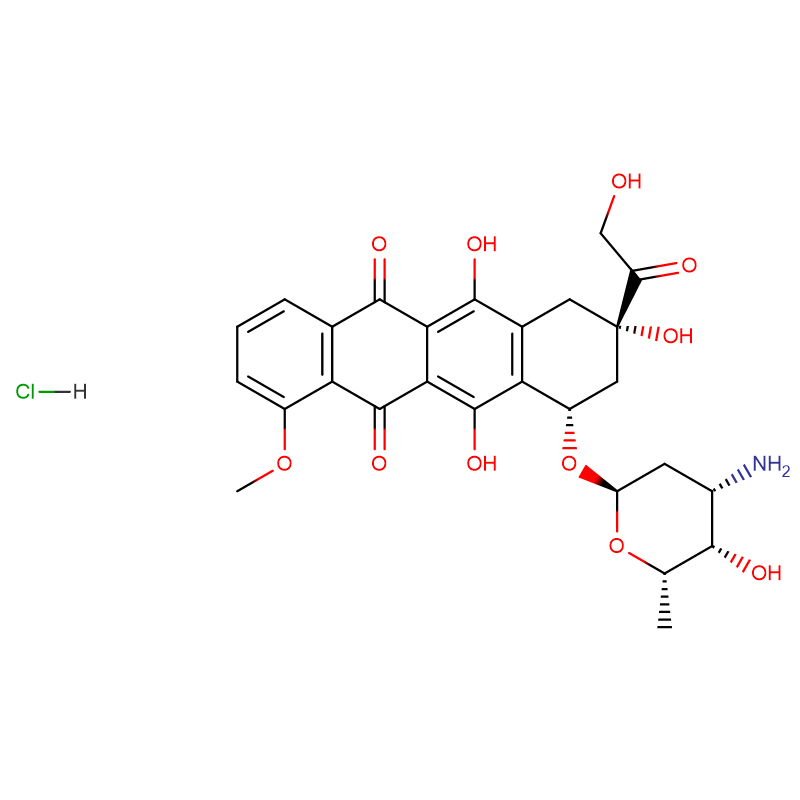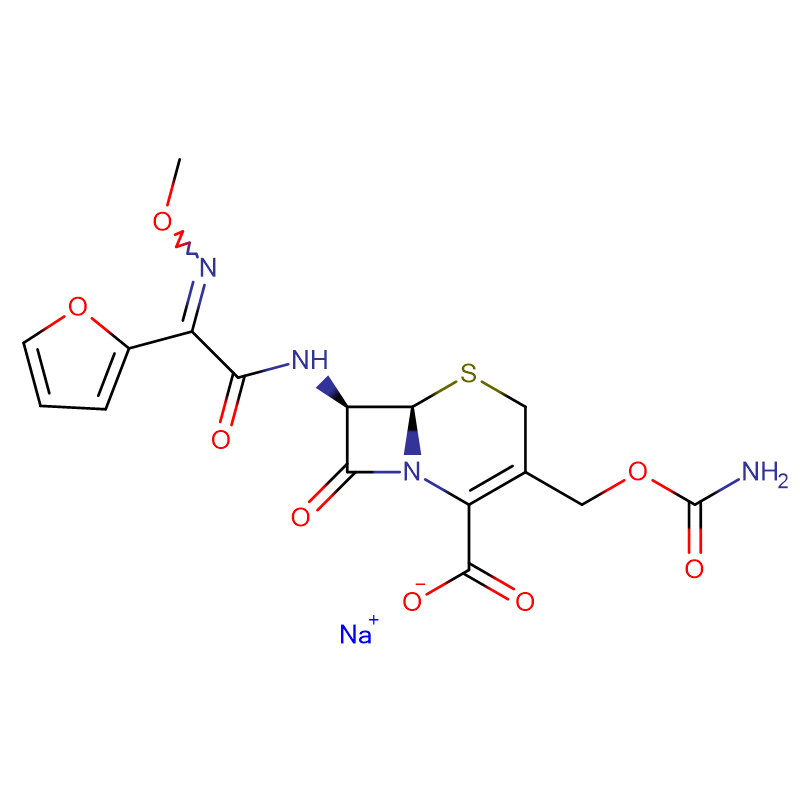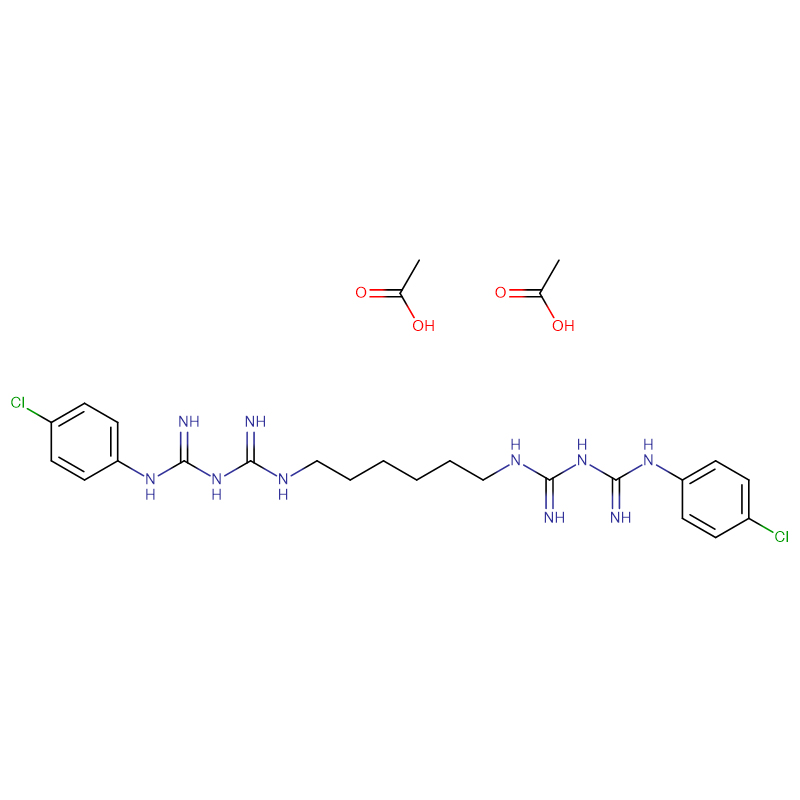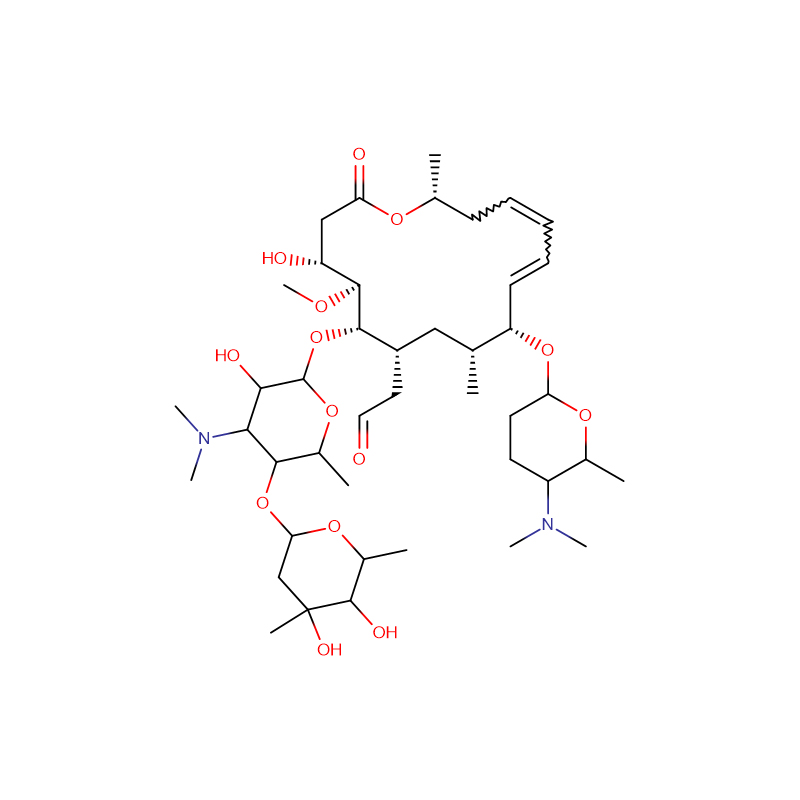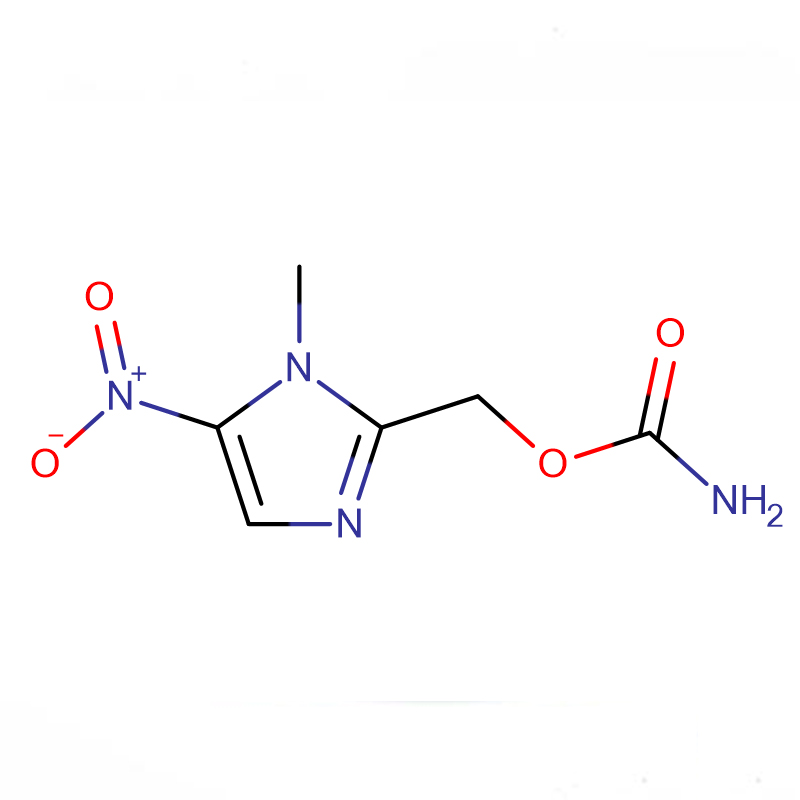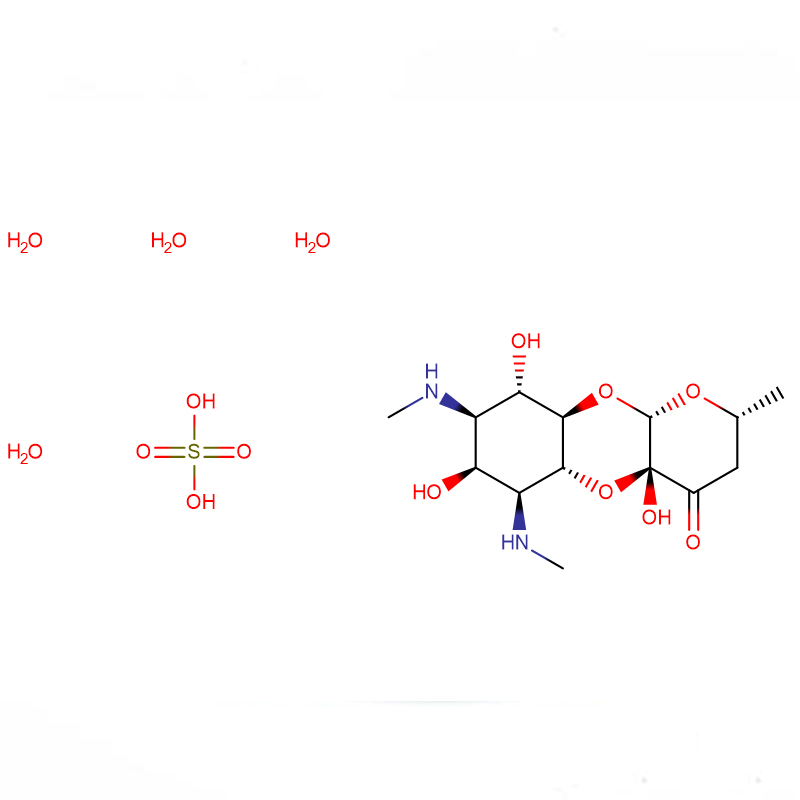Doxorubicin hydrochloride CAS:25316-40-9 99% Orange-red Crystalline powder
| Catalog Number | XD90367 |
| Product Name | Doxorubicin hydrochloride |
| CAS | 25316-40-9 |
| Molecular Formula | C27H29NO11·HCl |
| Molecular Weight | 579.98 |
| Storage Details | 2 to 8 °C |
| Harmonized Tariff Code | 29419000 |
Product Specification
| Water Content | ≤ 4.0% |
| pH | 4.0-5.5 |
| Solubility | Soluble in: water, methanol and isotonic NaCl(aq). Poor solubility in chloroform and other organic solvents. |
| Related Substances | Doxorubicinone: ≤0.5% / Danunorubicin: ≤0.5% |
| Assay | 99% |
| Residual Solvents | Acetone and alcohol: ≤2.5% / Acetone: ≤0.5% / Methanol: ≤500ppm |
| Any Other Impurities | ≤ 0.5% |
| Total Impurities | ≤ 2.0% |
| Crystallinity | Complies with USP |
| Appearance | Orange-red Crystalline powder |
| Identification | HPLC |
Patients with P-glycoprotein and HER2/neu (HER2) receptor-overexpressing breast cancer usually have poor clinical outcomes. However, there exist no commercially available breast cancer cell lines that are HER2/P-glycoprotein double-positive, which limits research in this field.We report on the development and characterization of a drug-resistant sub-line from an HER2-positive breast cancer cell line by stable transfection of the ATP-binding cassette (ABC) subfamily B member 1 (ABCB1) gene which encodes P-glycoprotein.ABCB1 gene expression levels were higher after transfection, which led to a 40-fold increase in P-glycoprotein expression. Interestingly, the transfection of ABCB1 also led to a slight increase in HER2 gene and protein expression levels. The transfection of ABCB1 increased the P-glycoprotein expression levels significantly.The method used herein for developing this cell line is appropriate for fast, stable induction of P-glycoprotein-mediated drug resistance compared to tr aditional methods. The in vitro cytotoxicity test suggests this cell line has cross-resistance to a wide range of chemotherapeutic agents.


